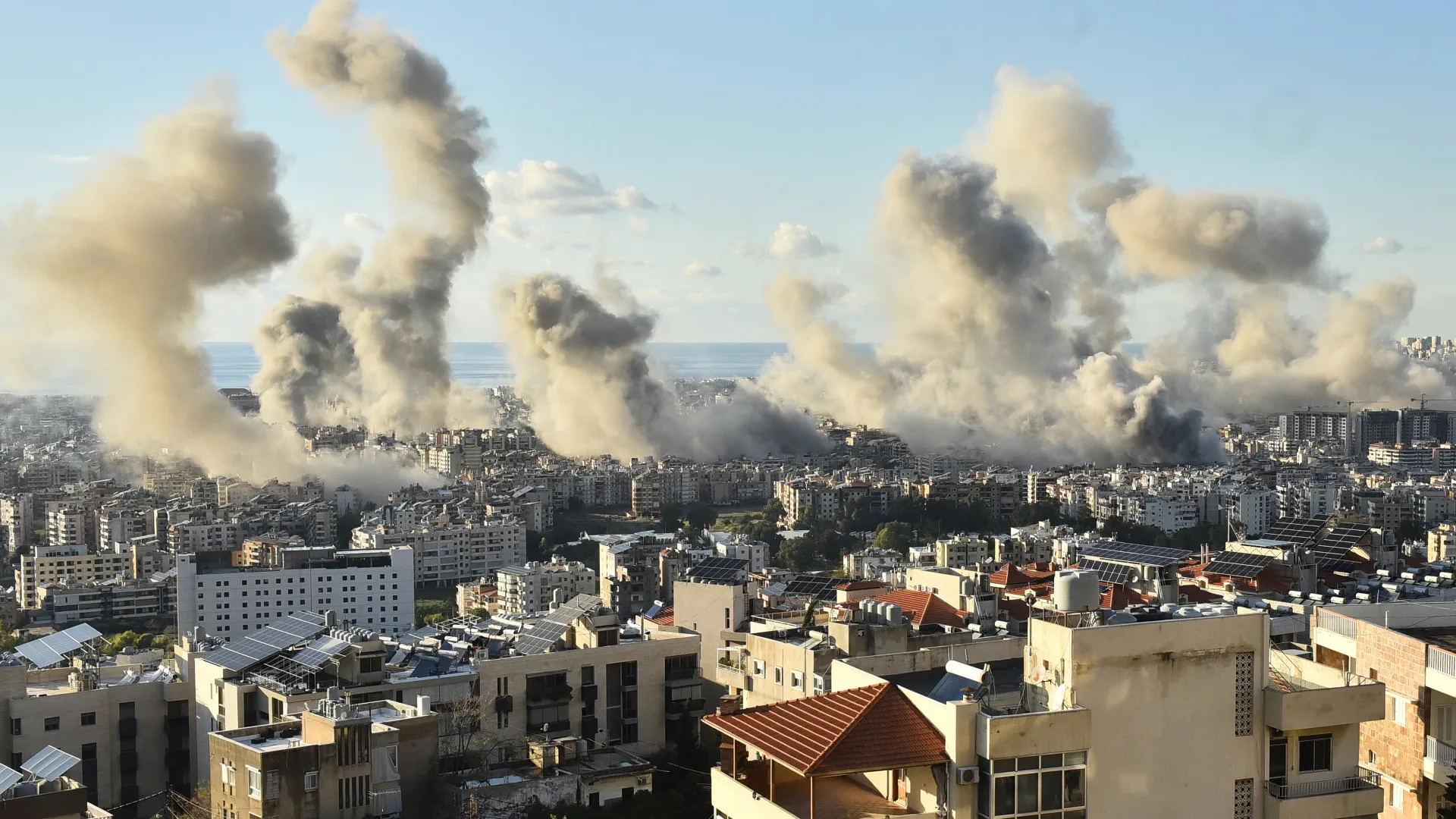The recent cease-fire agreement in Lebanon has provided much-needed relief to all civilians held hostage in crossfire amid intensified violence. While it brings temporary relief, it makes little dent in the intricately deeply rooted issues behind instability in the Middle East. The fragile nature of this truce is a stinging reminder that actual resolution calls for a need to address conflict roots that have been bothering the region for a long time.
Immediate Impact of Ceasefire
The truce follows weeks of intense clashes involving Israeli forces and Hezbollah militants leaving scores of civilians found either dead or displaced. This window of ceasefire will stop all bombings and cross-border attacks, allowing humanitarian aid into the affected regions. Aid supplies such as foodstuff, medicine, and water are beginning to flow into regions devastated by the violence, shining a glimmer of hope to those who have experienced losses.’
Unresolved Root Causes of Conflict
‘The core issues driving the conflict in Lebanon, and by extension the Middle East, are far from being resolved. ‘Sectarian differences, territorial disputes, and historical foreign interventions continue to fuel the conflict. The current animosity between Israel and Hezbollah is merely part of a larger geopolitical power play involving regional powers like Iran and Saudi Arabia, as well as global actors like the United States and Russia.’
The failure to address such systemic issues continues the cycle of violence. The case of Lebanon is similar to the rest of the Middle East, where ad-hoc ceasefires continue to fail to translate into durable peace. Without that, any ceasefire is certain to be short-lived.
Regional and Global Implications
The ceasefire has heavy implications in the region and beyond. For Lebanon, it is another country already struggling to keep together its economy and political establishment, war has further strained the fragile state. The resumption of violence could push the country into complete disarray.
The stability of neighboring countries faces an indirect threat from ongoing events in Lebanon, especially for neighboring countries, through threats such as spilling their conflict across borders; one will expect refugee flows and all kinds of economic and sectarian tension.
Globally, this ceasefire brings out the inadequacy of international diplomacy. International superpowers played a role in ushering in short-term peace but, unfortunately, could not ensure durable solutions as that brings out the intricacy of politics in the Middle East. Lebanon’s ceasefires also prove to be an instance where the world sees shallow intervention that ignores the real needs of deep, systemic change.
Towards Lasting Resolution
It requires more than temporary truces to achieve lasting peace in Lebanon and the Middle East. It demands a concerted effort to address the underlying causes of conflict, such as political marginalization, economic inequality, and external meddling.’ The way forward for sustainable solutions requires dialogue, reconciliation, and trust-building among stakeholders.
A ceasefire is a welcome reminder of how far the region still has to go to reach real peace. If its systemic issues are not resolved, the Middle East will continue to live through cycles of violence that uproot lives and destabilize the region. For now, it brings relief but will remain out of reach for resolution.















